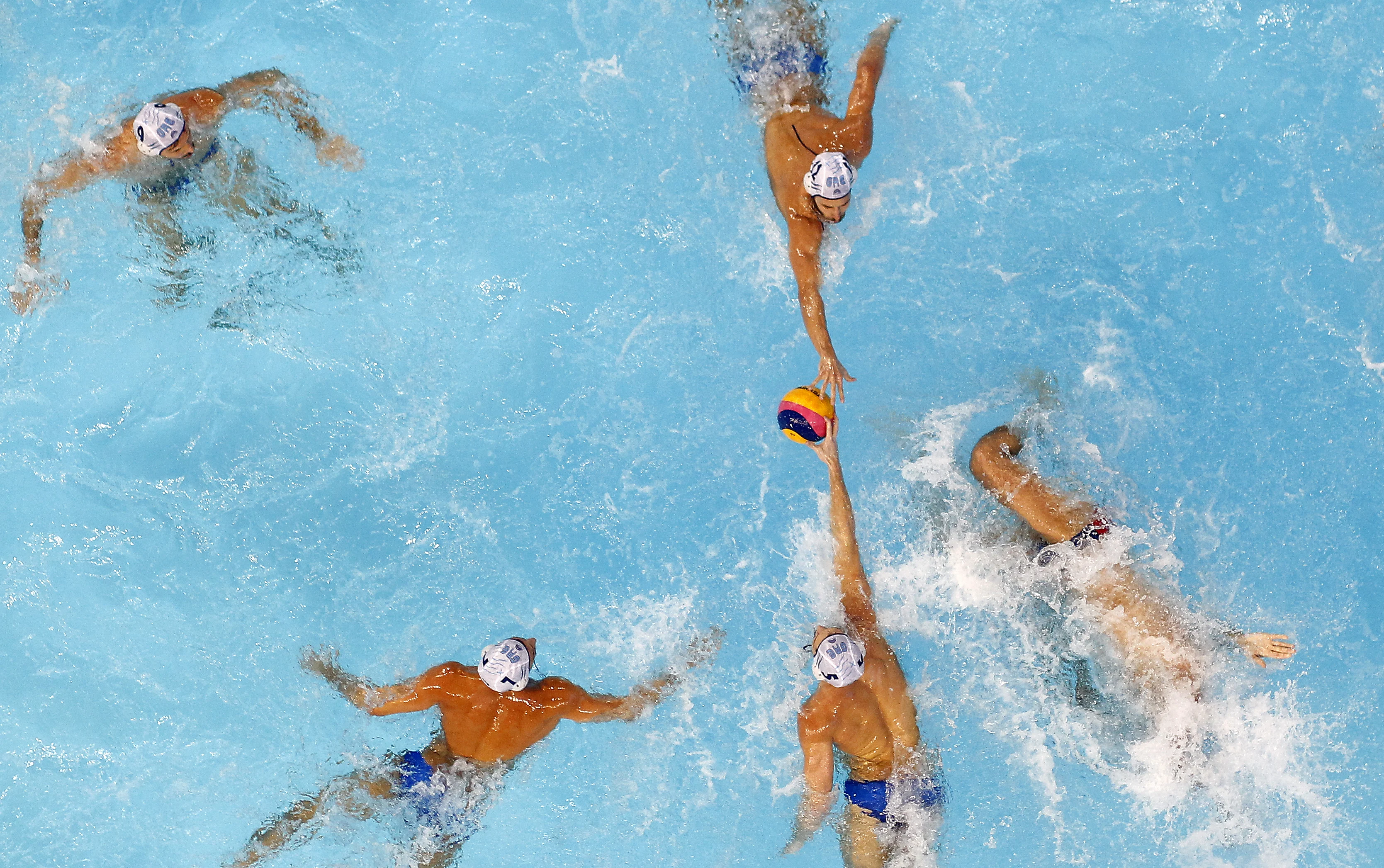
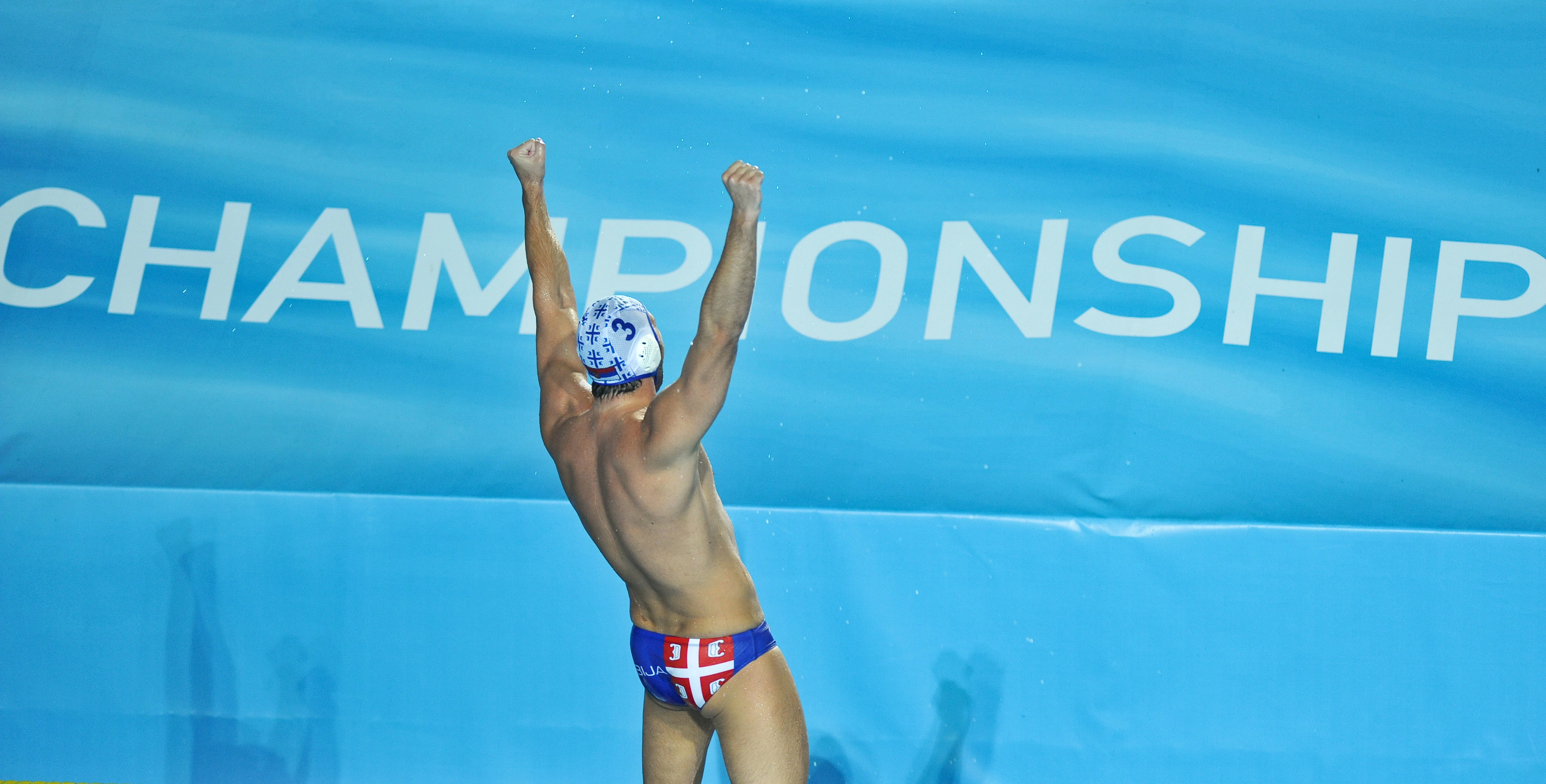

.svg)

Belgrade, Serbia

Jan 10 - Jan 25, 2026
From January 10 to 25, 2026, Belgrade will host the 37th Men’s European Water Polo Championship – one of the most prestigious sporting events on the continent.
The best European teams will gather in Belgrade Arena, the largest indoor venue in the Balkans, which has already witnessed unforgettable sporting moments. This winter, it will be transformed into a spectacular water polo stage where 16 national teams will compete: Serbia, Spain, Croatia, the Netherlands, Slovakia, Georgia, Italy, Hungary, Greece, Montenegro, Romania, France, Slovenia, Turkiye, Malta, and Israel.
.svg)
Jan 10 - Jan 25, 2026
.svg)
Belgrade, Serbia

Belgrade Arena
Belgrade has already proven itself as a world-class hub for water polo, hosting the European Championships in 2006 and again in 2016. During the 2016 final, the Arena set a world attendance record with 18,473 spectators, witnessing Serbia’s 10:8 victory over Montenegro. This event cemented Belgrade Arena’s reputation as a synonym for water polo spectacles, showcasing its unique ability to transform into a premier aquatic venue.
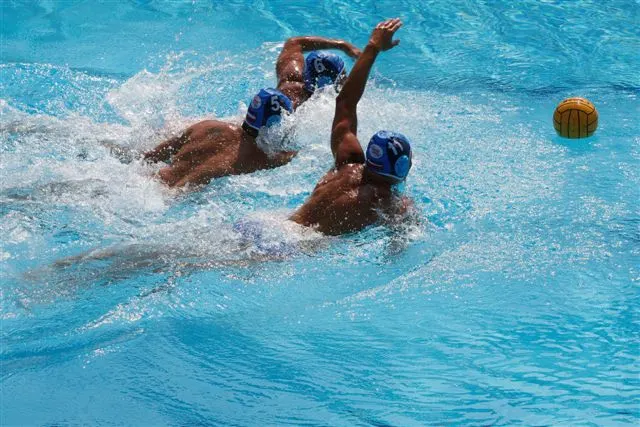
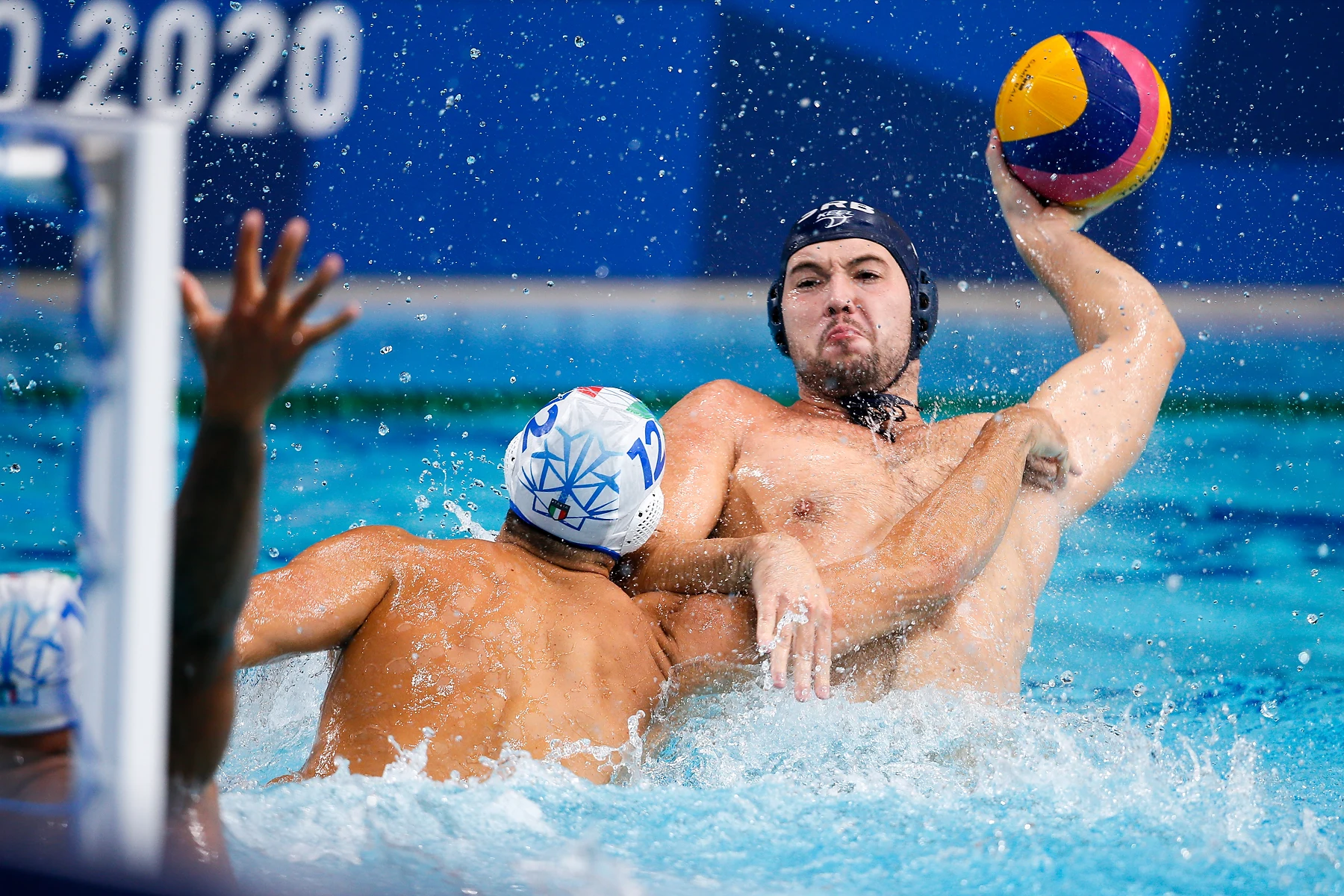
The new format of the men’s tournament will begin with a group stage featuring four groups of four teams each. Each group will consist of two teams that finished among the top eight in 2024 and two teams that qualified through the qualification tournaments. Every team will face all opponents in its group, with one rest day between matches.
After the group stage, the top three teams from each group will progress to the next phase, forming two new groups of six – Group E (teams from Groups A and C) and Group F (teams from Groups B and D). All points earned in the first phase will be carried over, with each team playing three more matches against new opponents. This will be followed by the knockout stage.
The top two teams from each group will advance to the semifinals, while the others will compete for positions 5–12. Teams eliminated in the first stage will play for positions 13–16.
A special committee will also select the seven best players of the tournament for individual awards. In addition to prestigious trophies, MVP awards will be presented after each semifinal, the bronze medal match, and the grand final.
For decades, Serbia has embodied excellence in water polo. Our “Dolphins” boast three consecutive Olympic gold medals (Rio 2016, Tokyo 2020, Paris 2024), multiple World Championships, World Cups, and a record 12 World League titles.
Since debuting as an independent nation in 2006, Serbia has secured 7 European Championship titles (2006, 2012, 2014, 2016, 2018; although earlier titles in 2001 and 2003 were won under the FR Yugoslavia / Serbia & Montenegro). Altogether—including successes from the Yugoslavia and Serbia & Montenegro eras—Serbia and its predecessors have amassed well over 20 European Championship medals, affirming their place among the most decorated teams in the sport’s history.
Led by head coach Uroš Stevanović, the final roster for the European Championship will be announced soon.
.jpg)
The first European Water Polo Championship was held in 1926 in Budapest.
By 2026, there will have been 37 editions of the men’s European Championship.
Hungary remains the most successful nation, with 13 gold medals to its name.
Belgrade hosted the European Championship in 2006 at the Tašmajdan Pool, where Serbia captured the gold.
Later, in 2016, Belgrade set a water polo attendance record with 18,473 spectators for the final.
Water polo is the only team sport in which Serbia has won gold at all major competitions: the Olympic Games, the World Championship, the European Championship, and the World League.
13

Hungary

5

Serbia
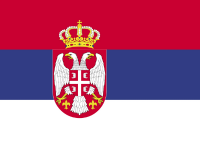
3

Italy

2

Croatia
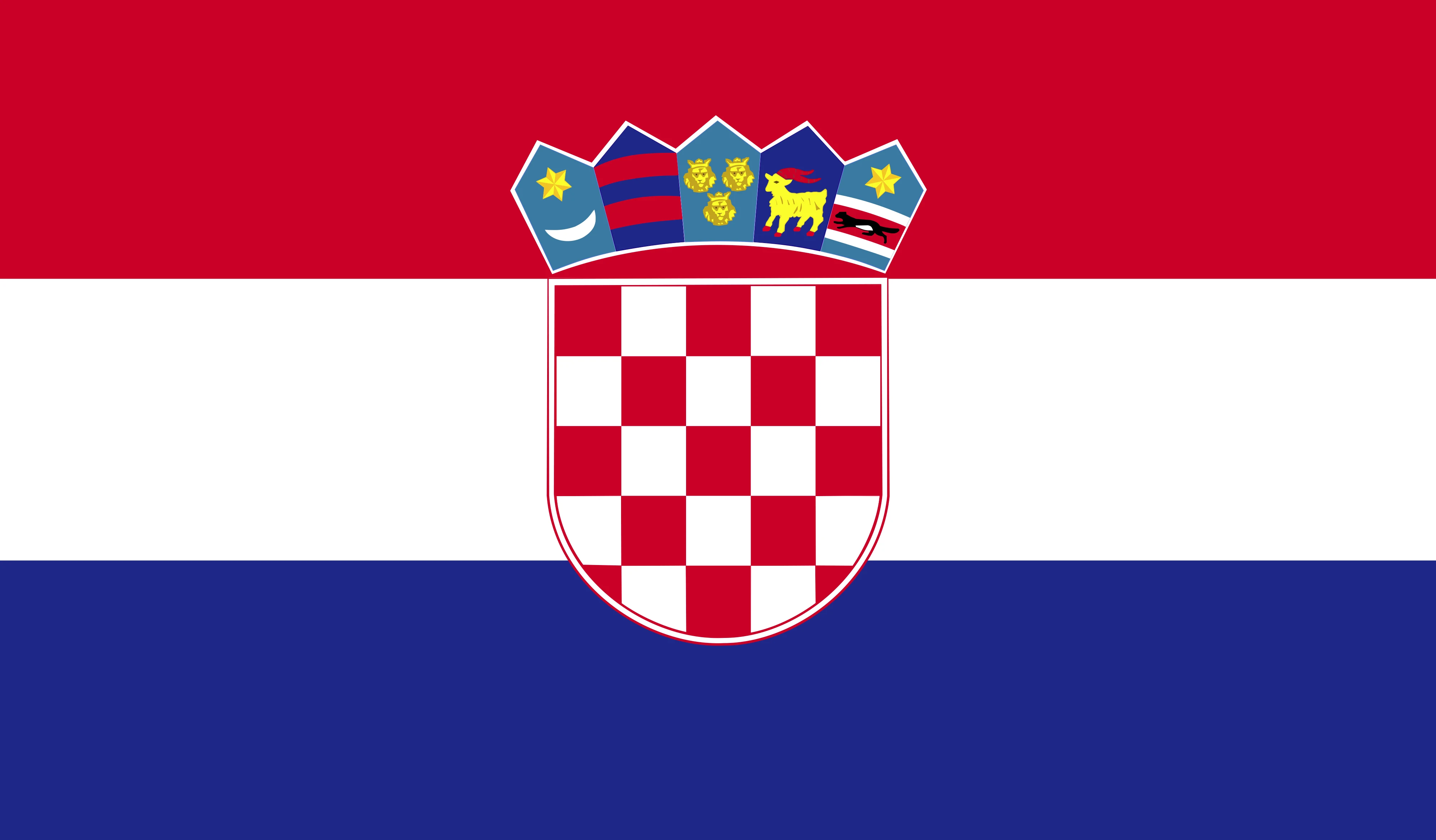
In January, Belgrade will become the European capital of water polo. Thousands of fans from across the continent will come to support their national teams, while the home crowd will once again prove why it is considered one of the most passionate in the sport.
The arena will be painted in blue, the stands filled to capacity, and the fans ready to give their energy to the Serbian “Dolphins.” It will be a celebration of sport, a tribute to tradition, and a chance to create new, unforgettable memories.
